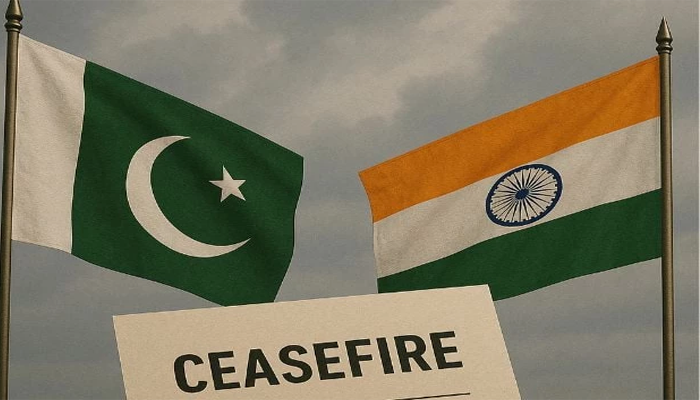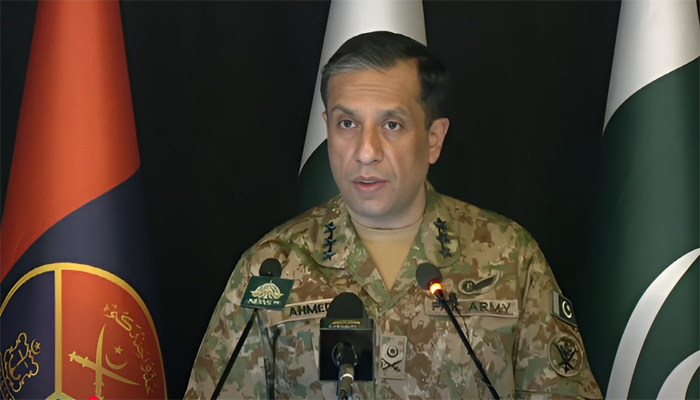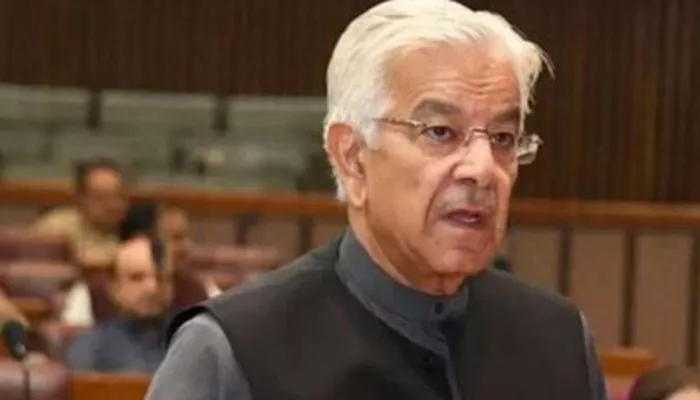WASHINGTON: In a major diplomatic breakthrough, United States President Donald Trump announced on Saturday that Pakistan and India have agreed to a ceasefire, bringing a halt to escalating tensions following a sudden military confrontation between the two nuclear-armed neighbors.
The announcement came just hours after Pakistan launched Operation ‘Bunyan al-Marsous’ (Iron Wall), a retaliatory military campaign targeting key Indian military installations. The move followed Indian air and missile strikes late Friday night on multiple Pakistani air bases.
In a post on the social media platform X, President Trump stated, “Both India and Pakistan have agreed to an immediate ceasefire. We welcome this development and urge both sides to continue on the path of dialogue.”
Shortly after the U.S. president’s statement, Pakistan’s Deputy Prime Minister Ishaq Dar confirmed the ceasefire in a separate social media post. “Pakistan and India have agreed to a ceasefire with immediate effect. Pakistan has always strived for peace and security in the region, without compromising on its sovereignty and territorial integrity,” Dar said.
Prime Minister Sharif to Address Nation
Prime Minister Shehbaz Sharif is expected to address the nation later today to elaborate on Pakistan’s position following the ceasefire and the country's commitment to regional peace.
The ceasefire announcement followed a high-level diplomatic effort led by U.S. Secretary of State Marco Rubio and Vice President JD Vance, who engaged in continuous discussions over the past 48 hours with senior leadership from both countries.
Rubio stated on X: “I am pleased to announce the Governments of India and Pakistan have agreed to an immediate ceasefire and to start talks on a broad set of issues at a neutral site. We commend Prime Ministers Modi and Sharif on their wisdom, prudence, and statesmanship in choosing the path of peace.”
Operation 'Bunyan al-Marsous'
Early Saturday morning, Pakistan launched a wide-scale military retaliation dubbed Operation ‘Bunyan al-Marsous’, striking seven Indian military sites. According to Pakistani state media, the targeted locations included the Pathankot, Udhampur, Gujarat, and Rajasthan air bases, as well as a BrahMos missile storage facility.
Military sources described the operation as a “calibrated response” to Indian aggression, signaling Pakistan's ability and willingness to defend its sovereignty.
India's Initial Strikes
On Friday night, India had fired air-to-ground missiles targeting three Pakistani airbases—Nur Khan (Rawalpindi), Murid (Chakwal), and Shorkot. According to DG ISPR Lt. Gen. Ahmed Sharif Chaudhry, all Pakistani Air Force (PAF) assets remained unharmed.
“By the grace of Allah Almighty, all PAF assets are safe,” said Chaudhry during a press conference. He accused India of arrogance and warned that Pakistan would retaliate decisively. “Now just wait for our response,” he warned—hours before Pakistan’s operation began.
A Path Toward Dialogue
Despite the intense military escalation, the swift move toward a ceasefire and agreement on diplomatic talks has been welcomed internationally. Both sides are now expected to engage in discussions at a neutral venue to address a range of bilateral issues, aiming to avoid further conflict.
As the region holds its breath, the global community remains hopeful that the crisis marks a turning point toward lasting peace between South Asia’s two historic rivals.









